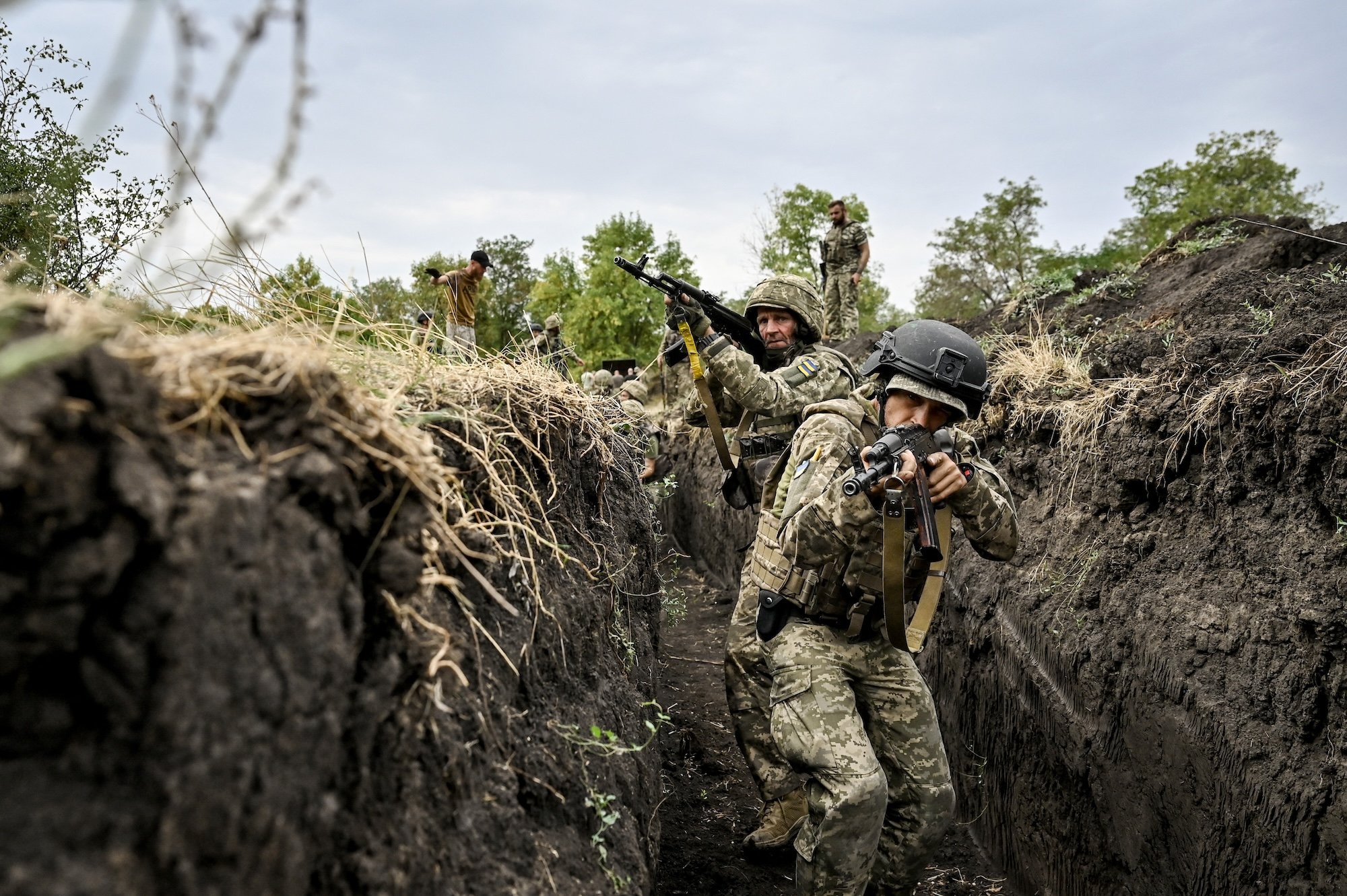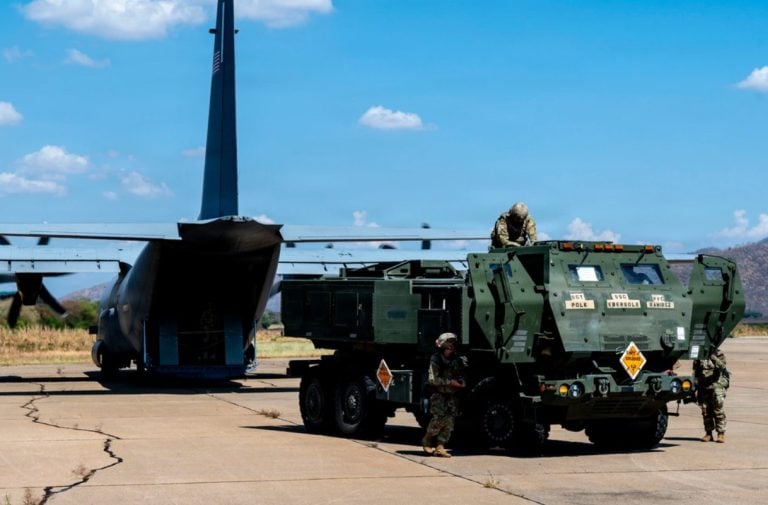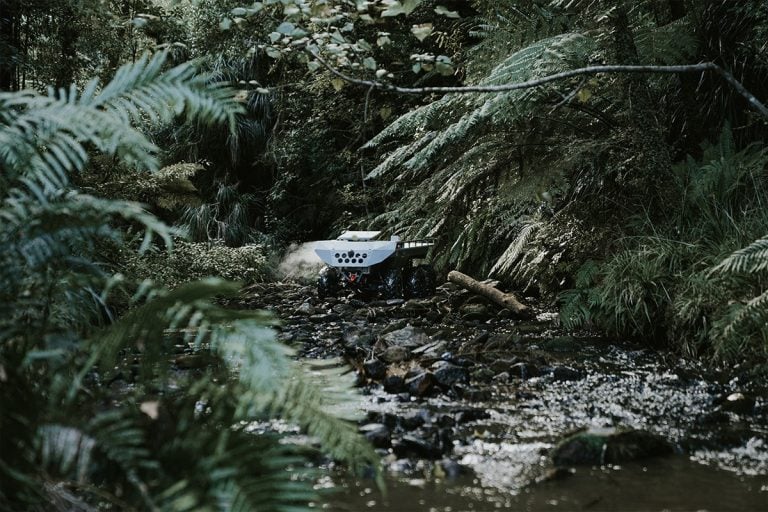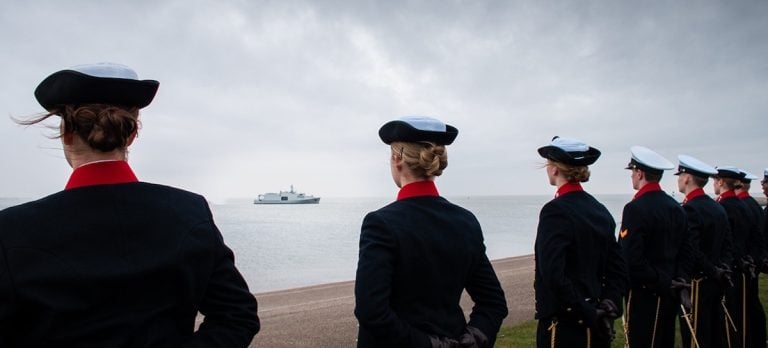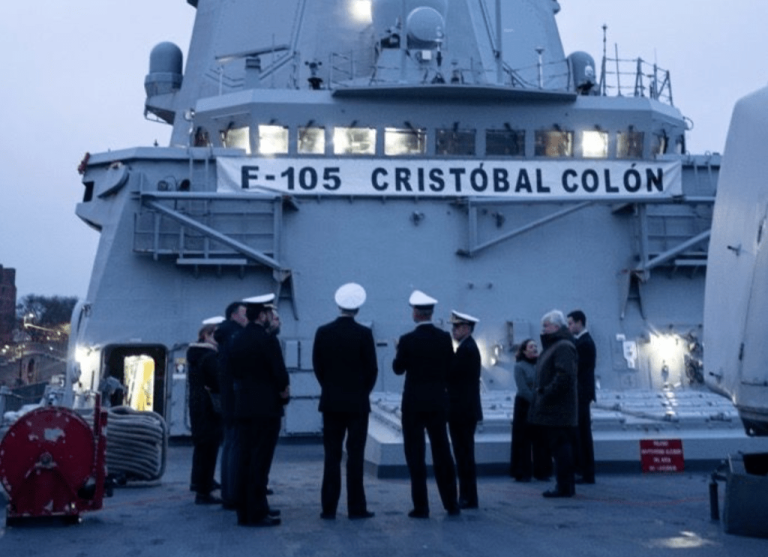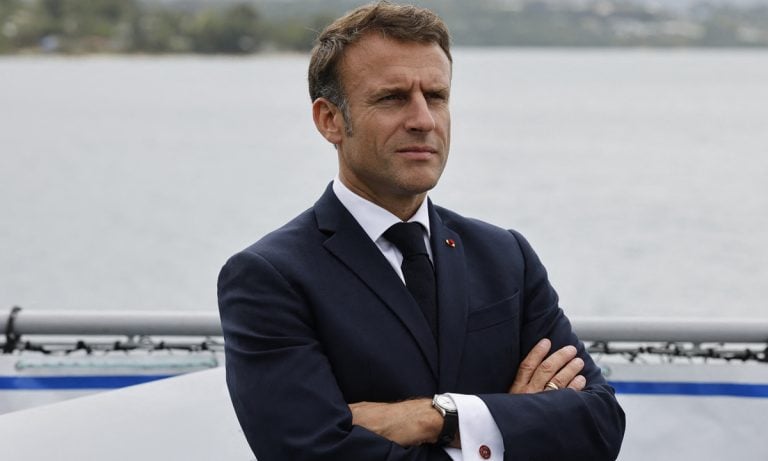In a significant step towards dialogue, Russia and Ukraine engaged in their first direct talks in over three years in Istanbul, aiming for a large-scale prisoner exchange and exploring the possibility of a ceasefire. The discussions, however, yielded limited progress in resolving the ongoing conflict that has wreaked havoc on Ukraine and displaced millions.
The meeting, which lasted just over 90 minutes, culminated in an agreement to exchange 1,000 prisoners from each side. Kyiv’s representatives articulated the need for an “unconditional ceasefire” to halt the fighting, but Moscow remained unresponsive to this demand. Russian negotiator Vladimir Medinsky acknowledged the agreement on the prisoner swap and stated the two sides would present their visions for a potential ceasefire in writing.
Ukraine’s Defence Minister, Rustem Umerov, indicated that the next stage would involve a meeting between Ukrainian President Volodymyr Zelensky and Russian President Vladimir Putin, a sentiment echoed by Ukrainian foreign ministry spokesman Georgiy Tykhy, who described the prisoner exchange as a “great result.” However, the Russian delegation was less committal, with Medinsky suggesting they were satisfied with the results but noting that no suspension of hostilities was agreed upon.
Turkish Foreign Minister Hakan Fidan, who hosted the talks, stated both parties had consented in principle to reconvene. Amidst the formal discussions, it became evident that substantial underlying disagreements remained. Reports indicated that Russia had put forth a series of “unacceptable demands,” including territorial concessions from Ukraine, which some sources suggested were intended to obstruct the negotiations.
Despite the challenging atmosphere, the mere occurrence of the meeting signaled a step forward as both nations faced pressure from Washington to establish formal talks. Notably, Putin opted not to attend the meeting personally, delegating a team of secondary negotiators instead. Zelensky remarked that Putin appeared “afraid” to engage directly and criticized Russia for not approaching the negotiations in good faith.
At a concurrent European summit in Albania, Zelensky called for a robust global reaction should the negotiations stall, advocating for heightened sanctions against Russia. Discussions about a possible meeting between Putin and U.S. President Donald Trump also emerged, with the Ukrainian leader emphasizing the necessity of decisive international support for Ukraine’s position.
Ahead of the Istanbul talks, Ukrainian officials held consultations with several high-ranking U.S. officials, including Secretary of State Marco Rubio, who stressed the urgency for a peaceful resolution. However, a Ukrainian source revealed that Russian representatives were pushing hard on territorial demands, asserting claims over five regions in Ukraine, which has raised alarms regarding the sincerity of their commitment to ceasefire discussions.
The tensions escalated further with reports indicating that Russian representatives had threatened military action in Ukraine’s bordering Sumy and Kharkiv regions, despite not having formally claimed those territories. The overarching message remained clear: as negotiations progressed, the complexities surrounding territorial integrity and sovereignty continued to pose significant barriers to lasting peace.
